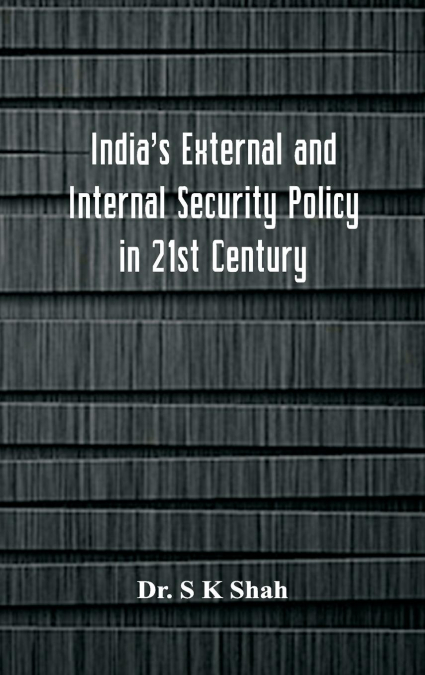
Dr. S K Shah
The Indian security paradigm rapidly shifted when the economy was pried open in the 1990s. In a world where stability was required to gain foreign and domestic confidence and funding in order to garner votes, any solution including a degree of chaos was no longer viable. With the emergence of the security imperative, most affected states have begun investing in ramping up elite counterinsurgency units, funding joint commissions and clamoring for more central government support. India’s national security and defence is equally the responsibility of all its citizens. They must not only study matters military, but also be alive to dangers to India’s security, both from external and internal threats. As regards India’s parliamentarians and politicians are concerned, their responsibility in this respect is far more. India’s security perspectives would inevitably be governed by the interplay of its domestic imperatives, regional balance of forces and the global challenges which impinge on its role and capabilities. India with its size, resource potential and strategic location is being increasingly seen as a regional influential poised on the threshold of emerging as a centre of power in the new international order. This is as much a recognition of its credible democratic functioning as the potential of its vast economic resources and political clout. India is a large multiplural society which has been able to successfully manage the challenges emanating from regional, linguistic and religious diversities without damaging its national cohesiveness. After spectacular achievements in some areas and monumental shortcomings in the other areas, India continues to develop as a rising economic cum industrial power. However, there are many challenges which are impacting our growth and progress towards emerging as a Major Power and shouldering our rightful role in shaping peaceful international order. This book attempts to focus on five major challenges – three internal and two external – which need to be addressed in an integrated manner by the people of India. The book analyzes almost all the terms which have been used by different scholars for charactering such movements.